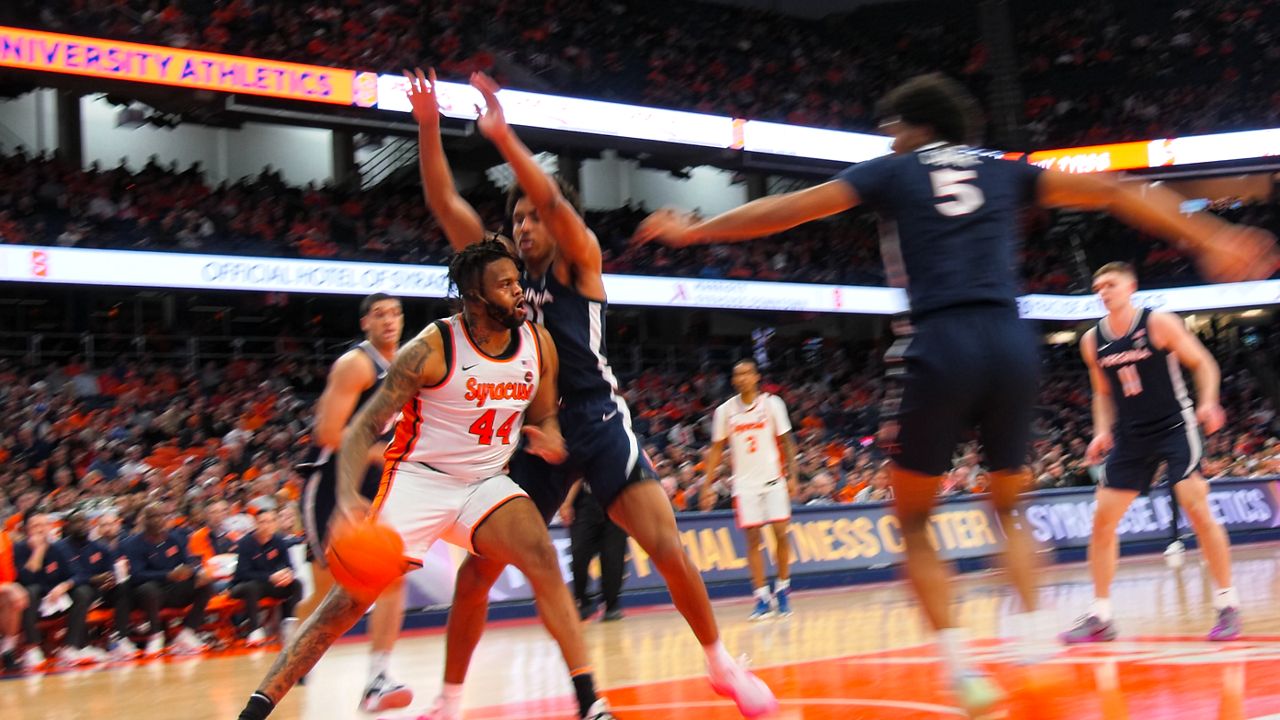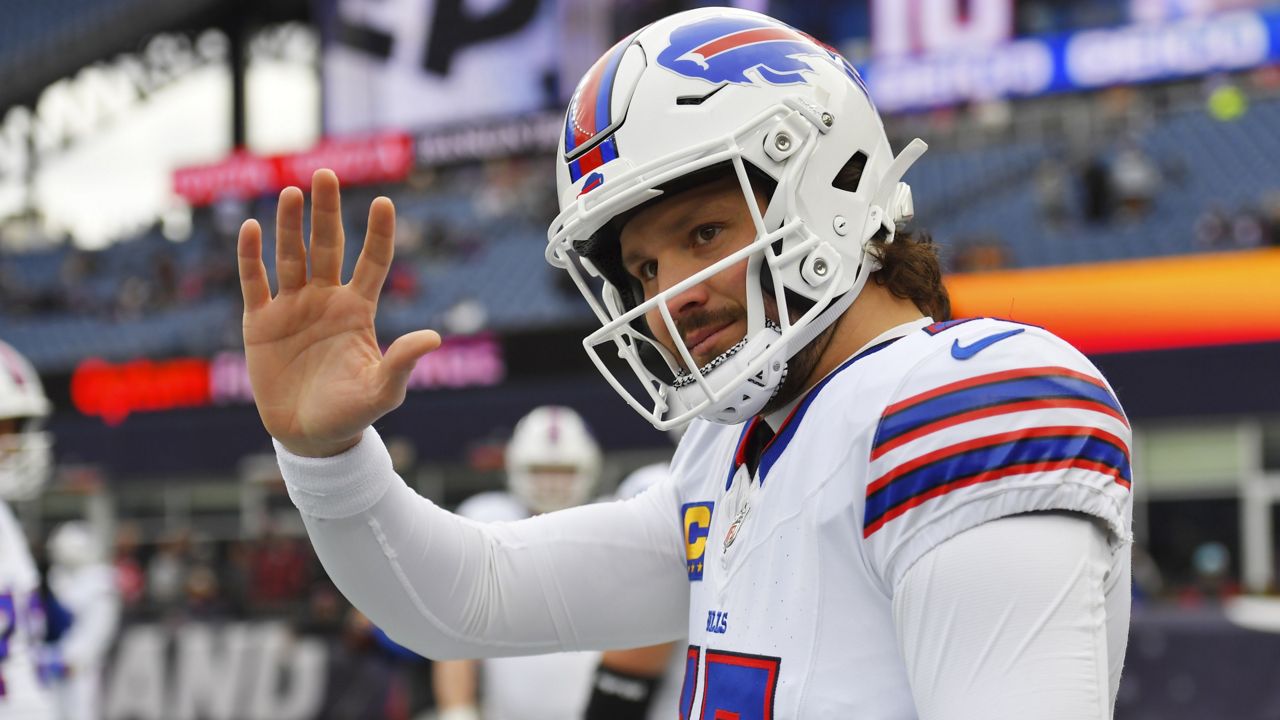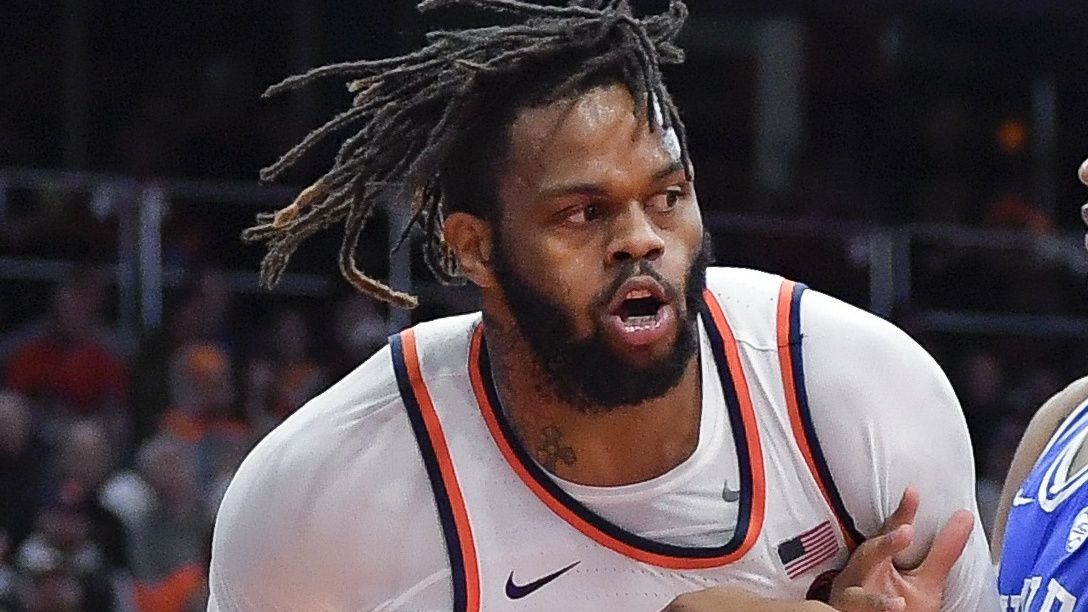At this time last year, the Colgate football team was 0-7. But, as painful as that was to endure, the Raiders are going through an even worse ordeal this fall: Withdrawal.
"Every Saturday, they watch their sport being played by other people, by Syracuse and teams like that," said 'Gate coach Dan Hunt in a Zoom interview Friday. "So, that's been hard on them."
The Patriot League was one of the first conferences in the country to cancel fall football out of concerns about the coronavirus, and unlike the Big Ten, Pac-12, and MAC, its decision has not been reversed. The plan is still to play at least a partial season next spring, starting in early March when spring drills are normally held. That's why this fall's workouts have taken on the feeling of spring, except, of course, for the weather.
"It's kind of the reverse spring," said Hunt. "Normally, our spring practice starts and it's freezing out, and by the end, it's warm. Now, it's warm when we started, and we'll see where we are in November."
The Raiders started conditioning workouts back in September, and last week, they were able to put on pads for the first time in almost a full year. Colgate hadn't yet begun spring practice in March when the virus outbreak closed down the campus, which means the players hadn't padded up since the final game of 2019, 11 months ago today.
"To be able to get out and put some pads on, and do some stuff that resembles football, really has been a great lift for these guys," Hunt said, shortly before his team's fifth practice of the 15 as it is allowed. "We're still in small groups, so we're not getting full 11-on-11 stuff yet. But, just to be able to work some fundamentals, and get some competition and one-on-one stuff, you've really seen an uptick in their zest, and you feel like you're pointing towards a goal."
The goal is to be ready to play next March, and, thanks to the NCAA's decision to play the FCS championship, though reduced from 24 teams to 16, next May, to compete for a national title. Hunt said he's expecting the schedule to come out after decisions are made on the Patriot League winter sports seasons, which are currently in limbo.
Until then, he said he's hoping his team will be one of those that makes the most of the current situation, and comes out ahead when it's over. For instance, one advantage of having spring practice in the fall is that the entire new crop of recruits can participate.
"We are able to get our freshmen much more caught up, from a knowledge standpoint, than a normal year," said the three-time Patriot League Coach of the Year. "Normally, the kids get here in August, and they don't know what they're doing by September. Now, we've really been able to get them on the same page with everyone else, so when we do play, they're going to be a little bit further along."
On the other hand, while the youngsters are getting their feet wet this fall, Hunt said some 20 to 25 seniors, including starting quarterback Grant Breneman, have not returned to campus this fall, choosing the option of attending school remotely this semester. As veteran players, obviously they don't need the reps and are well-versed in the playbook. But Hunt has some concerns about the intangible impact their absence could have when the entire team is reunited next spring.
"The challenge of them not being here is a chemistry thing, of how we work together," he said. "The question is, can we make up for that when they get back? We say, all the time, there's no playbook for this pandemic and how it's working. We'll just handle it when we all get back together."
For a fall training camp, in January.









